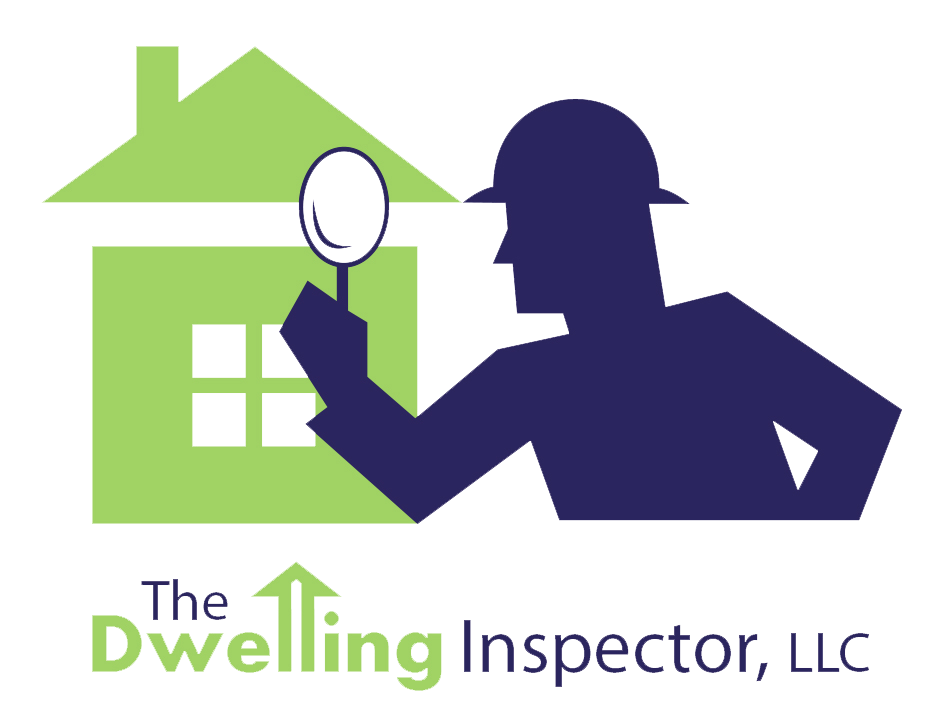What’s the Difference Between an Inspection and an Appraisal?
When hearing about the terms inspection and appraisal, it might seem similar sounding because both require evaluating a real estate property. However, there are several differences between the two.
Even though an appraiser and a home inspector are looking at your property, each is doing so for different reasons. It’s crucial to know the key differences and how one or the other will help you. Being able to distinguish which services or if you need both services will be beneficial for you in the long run as a buyer, says East Bay Management.
The Home Inspection Process
For a buyer, hiring a home inspector is vital so he’ll avoid being shortchanged. You want to know if the real property you have your eye on has any major defects even if it looks stunning in your eyes.
Even if the kitchen has a luxurious and stylish granite countertop but the property has a huge radon presence, you’ll think twice about exposing yourself to this dangerous gas.
A home inspector will check the structure of the property physically and in a detailed manner. He’ll critically observe if the systems running in the property meets the adequate standards. This can encompass the whole foundation, the roof, and wiring systems.
It Will Also Include the Following:
- HVAC systems
- Plumbing
- Chimneys
- Attic and insulation
- Floors, ceilings, walls
- Doors and windows
- Drainage system
- Decks and patios
- Built-in appliances
- Basement
- Structural integrity
After the inspection, the buyer will be furnished with a report that will detail the findings. It’s expected that each property will have issues. It just depends on the buyer if he feels they’re manageable and he’s willing to address the “flaws” of the property.
Being knowledgeable with the property before buying it leaves the buyer with a clearer picture of the actual condition of the unit. He can choose to renegotiate with the seller, find ways to resolve the property’s issues, or walk away.
The Appraisal Process
An appraiser evaluates the property’s monetary value. This information is both useful to the seller and buyer. However, a home appraisal is required by lenders and represents them.
For a mortgage lender, appraising a property first before financing approval is critical since the property will act as a collateral for the mortgage transaction. If the borrower fails to pay his dues, the property will be foreclosed. The lender then will be selling the property asset to recoup the loan amount.
The appraiser will collect data on current market value, the property itself, and other similar properties to gauge the value accurately. Things they typically check are the following:
- Property square footage
- Floor plan
- Number of bedrooms and bathrooms
- Home interior and exterior
- Property condition and damages (if any)
- The appeal of the property
- Neighborhood
Typically, a financial lender will refer a case to a real estate appraiser to ensure the fair valuation of the property for everyone involved in the transaction. An unbiased third party performs the property appraisal to avoid any influences.
After the property appraisal, a thorough report will be furnished to the buyer, seller, and the lender. It will show the final value and the justification basing on market trends and comparative studies with similarly valued properties.
For buyers who hired an appraiser, the information on property value will be extremely helpful. He’ll be properly guided on the good and bad features of the home. He’ll also avoid paying for an overpriced property when the market dictates the value to be lower than the price set by the seller.
Appraisal vs. Inspection
Similarities:
- It requires professionals to perform appraisals and inspections when evaluating the physical condition of the property
- Both appraisals and inspections will furnish the involved parties with accurate and detailed reports. It will state the condition and integrity of the property.
- Buyers are benefitted from an appraisal and a property inspection. They usually hire the appraiser or the inspector or both.
- Both appraisals and inspections are conducted at the pre-selling stage of the property.
Differences:
- Appraisals focus on property value while inspection focus on home condition.
- The goal of a property appraiser is to accurately calculate the final market value of the real estate asset. The goal of a property inspector is to mitigate the risks of the buyer through his property assessment.
- Home inspectors wholly concentrate on the property details while for home appraisers, checking the physical structure of the property is only one part of his job. He needs to check other similar properties and include the general neighborhood’s appeal in his assessment.
- The objective of an appraiser is to arrive at the proper home value free from bias. The objective of an inspector is to communicate to the buyer the present condition of the home.
Do You Need a Property Appraiser or Property Inspector?
A sharp buyer will hire both an appraiser and inspector. Why? Both perform different functions even if they have similarities. One cannot do the job for the other. If you want to be protected when investing in a property, you naturally want to hire an inspector to determine if there are issues in a home such as plumbing problems or heavy mold presence.
You’ll also want to hire an appraiser to have accurate information about the market value of the property you wish to buy. Otherwise, you’ll just rely on whatever the property seller will tell you. Since his objective is to sell his property as quickly and at the best price he can set, he might miss telling you important components of his home. He might also not even be aware of the actual condition of his property.
Bottom Line
Before forking over a great deal of cash for a property investment, it will be to your advantage to hire the services of a home appraiser and a home inspector. This way, you’ll have fewer surprises when it comes to your new property.




